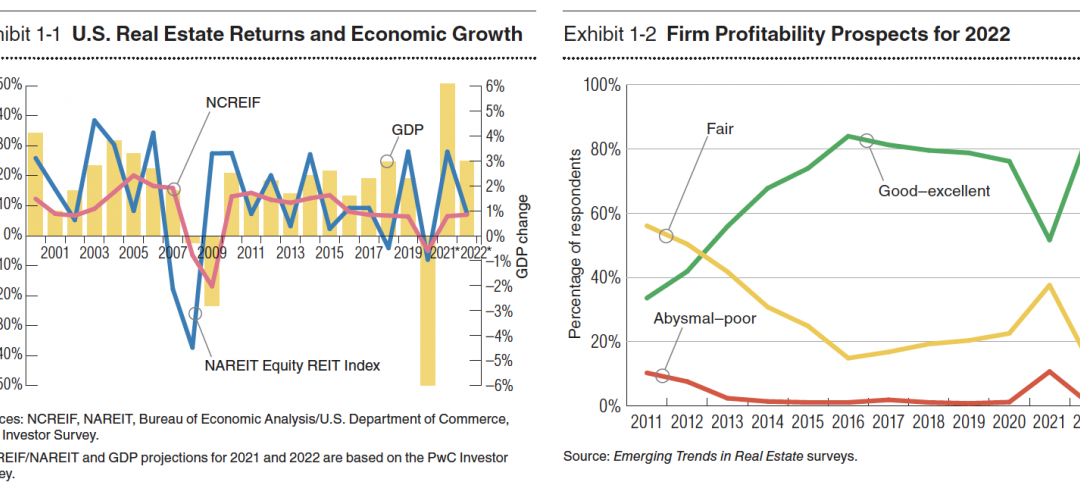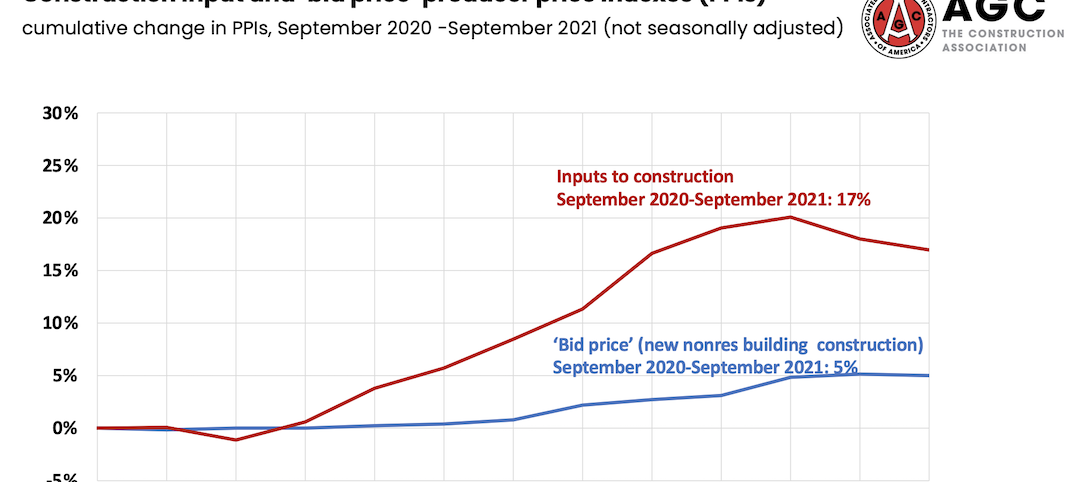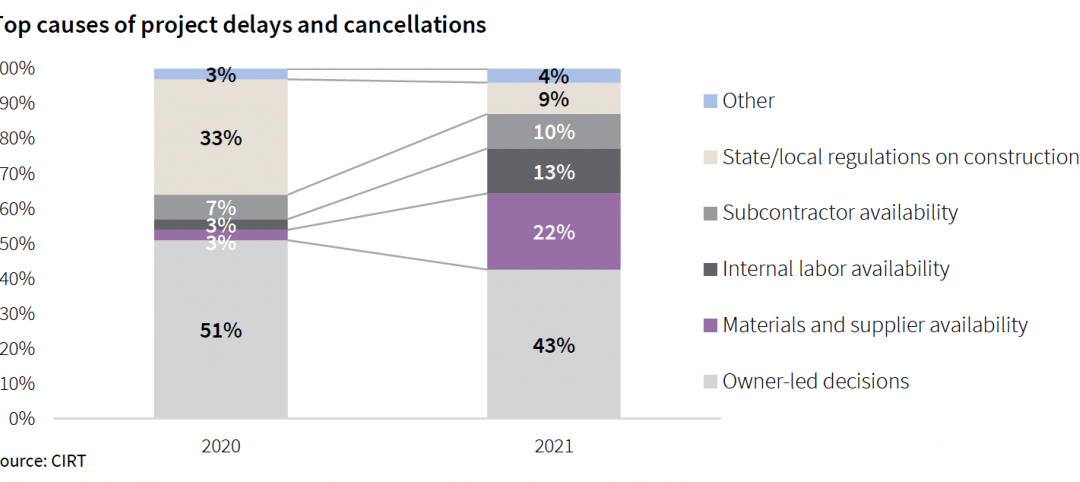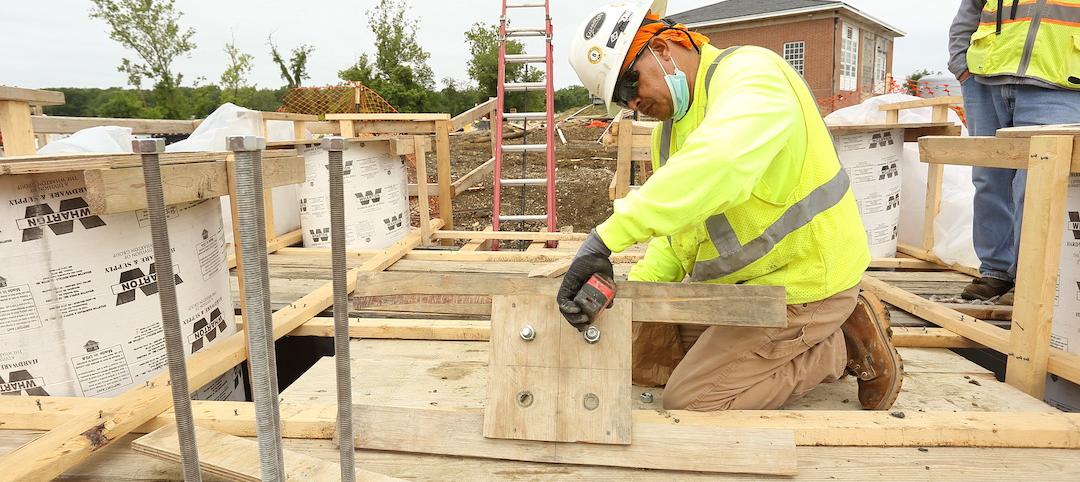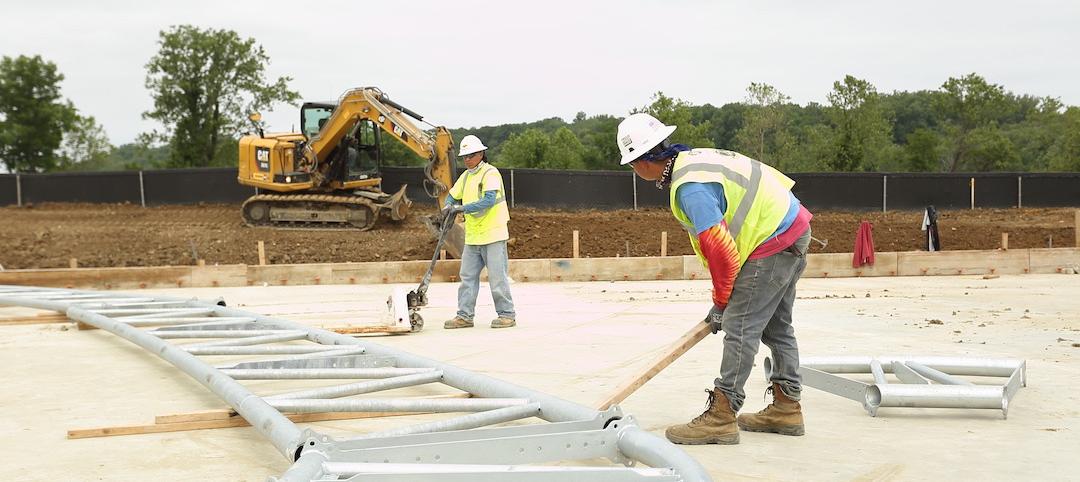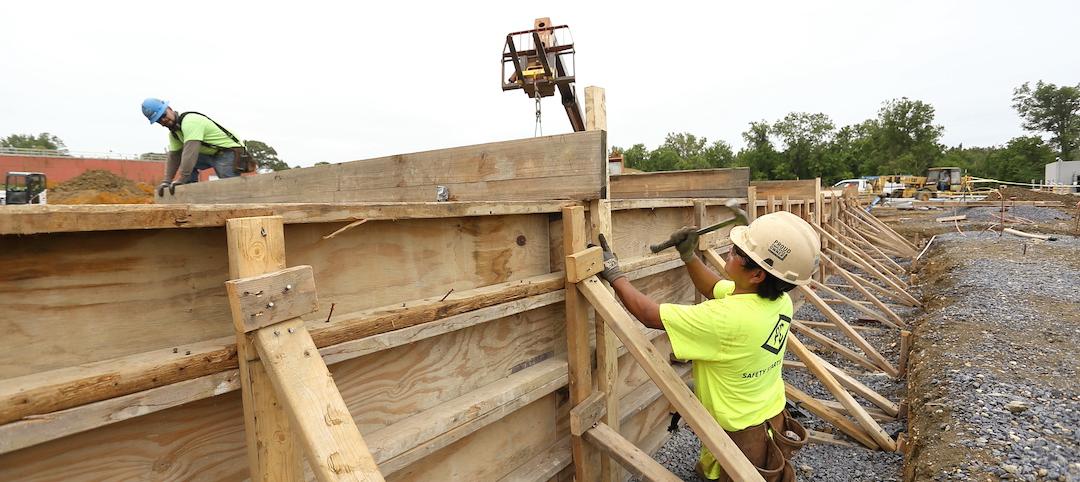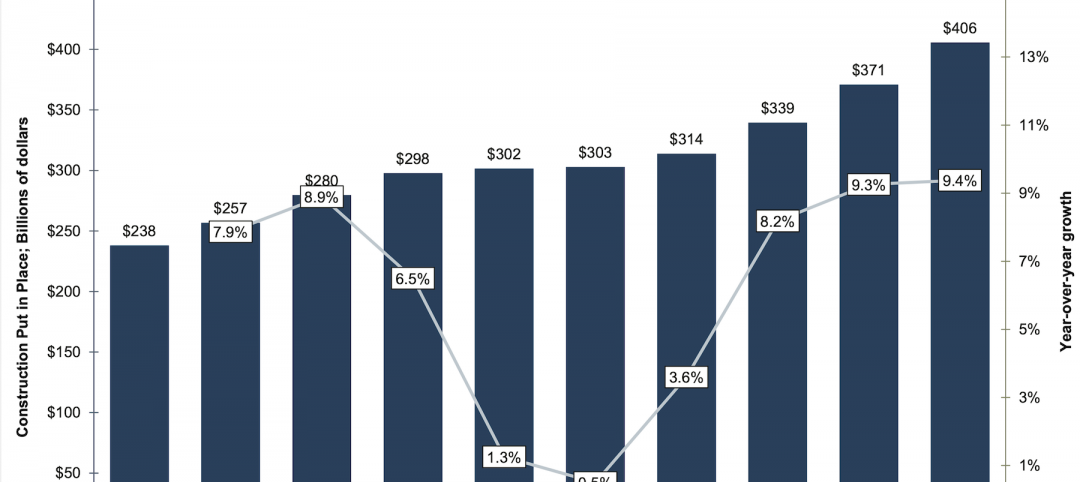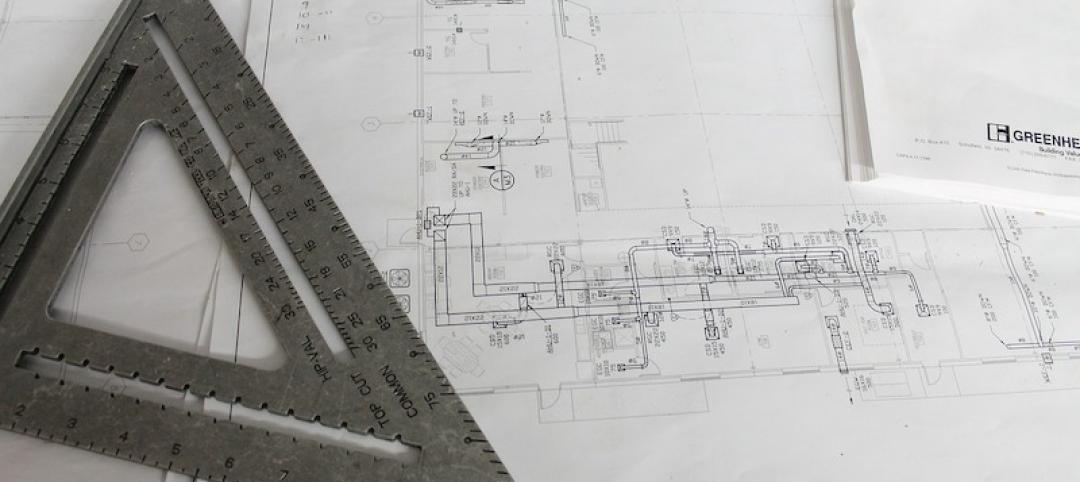Construction employment declined in more than nine out of 10 metro areas from March to April, a time when industry employment typically increases in most locations, an analysis by the Associated General Contractors of America of new government data shows. Association officials said new federal transportation funding could help restore many lost construction jobs, but cautioned that new legislation released today by House Democrats includes new regulatory measures that could undermine the broader goals of the measure.
“Today’s employment report shows how few areas were left unscathed by April’s unprecedented job losses,” said Ken Simonson, the association’s chief economist. “Sadly, our latest survey shows project cancellations are escalating, making further job losses inevitable unless there is funding for widespread new projects.”
The economist said construction employment declined between March and April in 326, or 91%, out of 358 metro areas and increased in only 20 areas (6%). Industry employment was unchanged in 14 areas. Over the previous 30 years, 75% of metro areas added construction jobs from March to April, on average, while 12% of metros shed jobs.
New York City lost the largest number of construction jobs for the month: 75,900 jobs or 49% of the March total. There were also extremely large construction job losses in the Seattle-Bellevue-Everett, Wash. area, 44,200 jobs or 41%. Construction employment fell by half or more in three areas: Montgomery County-Bucks County-Chester County, Pa. (-54%, -27,200 jobs); Warren-Troy-Farmington Hills, Mich. (-52%, -26,100 jobs); and Brockton-Bridgewater-Easton, Mass. (-50%, -2,300 jobs).
Simonson noted that more respondents in the association’s latest survey reported an upcoming project had been canceled in May or June than in April, implying that further job losses are likely. One-fifth of respondents reported a project scheduled to begin in May had been canceled, as did nearly one-quarter (24%) of respondents regarding a project scheduled to start in June or later, compared to 16% in April.
Association officials said new federal infrastructure investments in roads, bridges, transit and rail systems, like those proposed in a new transportation bill released today by House Democrats, would provide a needed boost to construction employment in many parts of the country and support a broader economic recovery. But they cautioned that new programmatic and regulatory requirements in the measure could undermine some the bill’s potential economic benefits. They urged Congressional leaders to work in a broad, bipartisan manner to rapidly pass a measure that expands highway capacity, improves bridges, builds transit and rail systems and supports long-term economic growth before current legislation expires.
“It is encouraging to see House Democrats proposing a significant increase in investments for transportation infrastructure,” said Stephen E. Sandherr, the association’s chief executive officer. “With over 40 million people unemployed and construction jobs declining in most metro areas, Congress needs to ensure that new, sustainable, investments bring as many people back to work as possible to help improve our aging highway, transit and rail systems.”
View AGC’s coronavirus resources and survey. View the metro employment data, rankings, map, highs and lows, and top 10.
Related Stories
Market Data | Oct 19, 2021
Demand for design services continues to increase
The Architecture Billings Index (ABI) score for September was 56.6.
Market Data | Oct 14, 2021
Climate-related risk could be a major headwind for real estate investment
A new trends report from PwC and ULI picks Nashville as the top metro for CRE prospects.
Market Data | Oct 14, 2021
Prices for construction materials continue to outstrip bid prices over 12 months
Construction officials renew push for immediate removal of tariffs on key construction materials.
Market Data | Oct 11, 2021
No decline in construction costs in sight
Construction cost gains are occurring at a time when nonresidential construction spending was down by 9.5 percent for the 12 months through July 2021.
Market Data | Oct 11, 2021
Nonresidential construction sector posts first job gain since March
Has yet to hit pre-pandemic levels amid supply chain disruptions and delays.
Market Data | Oct 4, 2021
Construction spending stalls between July and August
A decrease in nonresidential projects negates ongoing growth in residential work.
Market Data | Oct 1, 2021
Nonresidential construction spending dips in August
Spending declined on a monthly basis in 10 of the 16 nonresidential subcategories.
Market Data | Sep 29, 2021
One-third of metro areas lost construction jobs between August 2020 and 2021
Lawrence-Methuen Town-Salem, Mass. and San Diego-Carlsbad, Calif. top lists of metros with year-over-year employment increases.
Market Data | Sep 28, 2021
Design-Build projects should continue to take bigger shares of construction spending pie over next five years
FMI’s new study finds collaboration and creativity are major reasons why owners and AEC firms prefer this delivery method.
Market Data | Sep 22, 2021
Architecture billings continue to increase
The ABI score for August was 55.6, up from July’s score of 54.6.




